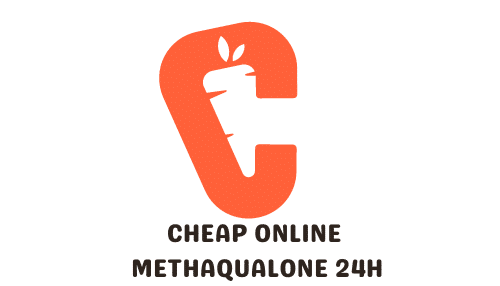cheaponlinemethaqualone24h
Automotive
Can Installing an Aftermarket Rear Sway Bar Enhance Your Vehicle’s Cornering Stability?
February 12, 2024
Wondering how you can enhance your vehicle’s cornering stability? Consider installing an aftermarket rear sway bar. You probably have heard about this upgrade, but many...
Business
What is the future of ai in enhancing renewable energy systems?
January 22, 2024
The future of energy looks incredibly bright, and the not-so-secret ingredient in this transformation is artificial intelligence (AI). AI has the potential to revolutionize the...
Cooking
The art of plating: making your meals look gorgeous
January 22, 2024
In the culinary realm, the taste of a dish isn’t the only thing that matters. The presentation of the food on your plate plays a...
Read more
What are the secrets to perfect homemade ice cream?
January 17, 2024
Perfect homemade ice cream: the words conjure delightfully indulgent images of creamy, soft, and irresistible sweetness, don’t they? Yes, the journey of making ice cream...
Read more
What’s the key to mastering indian biryani?
January 17, 2024
The art of mastering Indian Biryani, an iconic dish beloved by millions, lies in the delicate balance of spices, tenderly cooked meat, and perfectly fluffed...
Read more
How do you make a moist red velvet cake?
January 17, 2024
When it comes to cakes, nothing beats the visual appeal and delightful flavor of a moist red velvet cake. It’s an absolute treat with its...
Read more
Gluten-free goodness: delicious recipes for everyone
January 22, 2024
Feasting on gluten-free dishes doesn’t mean sacrificing flavor or enjoyment. From sweet desserts to savory main courses, gluten-free food can be as varied, delightful, and...
Read more
finance & real estate
What are the best real estate investment strategies for beginners?
January 22, 2024
What are the new real estate investment opportunities in africa?
January 22, 2024
health
home & living
What are the most effective home security systems for rural areas
January 17, 2024
When it comes to safeguarding your house, especially in a rural setting, the peace of mind that comes with a reliable home security system is...
News
Why choose honeycomb sheets ?
April 23, 2024
Honeycomb sheets, also known as honeycomb paper or accordion paper, are becoming increasingly popular in packaging and decoration. Their unique honeycomb structure offers a...
Pets
Common misconceptions about hamster care
January 22, 2024
Hamsters are beloved pets in households worldwide. Their cute, small size, and friendly demeanor have made them a favorite choice, especially for families with young...
Read more
Why do dogs eat grass and should you be concerned?
January 17, 2024
As devoted pet owners, you’re probably familiar with the sight of your dogs frolicking in the yard and occasionally nibbling on the green grass. This...
Read more
Preparing for the end: coping with a dying pet
January 17, 2024
For many pet owners, the bond you share with your furry companion goes beyond the realm of a simple pet and owner relationship. These loyal...
Read more
Can birds recognize their owners?
January 17, 2024
Birds, particularly parrots and parakeets, are known for their intelligence and sociability. They are among the few animals capable of forming deep bonds with humans,...
Read more
The hidden language of rabbit ears: decoding your bunny
January 22, 2024
Pet owners often find themselves puzzled by the behaviour of their beloved animals. Rabbits, despite being one of the common household pets across various categories,...
Read more
Sports
How do athletes develop their leadership skills through mentoring and coaching of young athletes?
January 22, 2024
What is the history and significance of sports-related radio broadcasts and commentary?
January 22, 2024
How do athletes manage their sleep patterns and circadian rhythms for peak performance?
January 22, 2024
How can sports organizations use technology to enhance fan engagement and interactivity during live events?
January 22, 2024
Technology
woman / fashion
